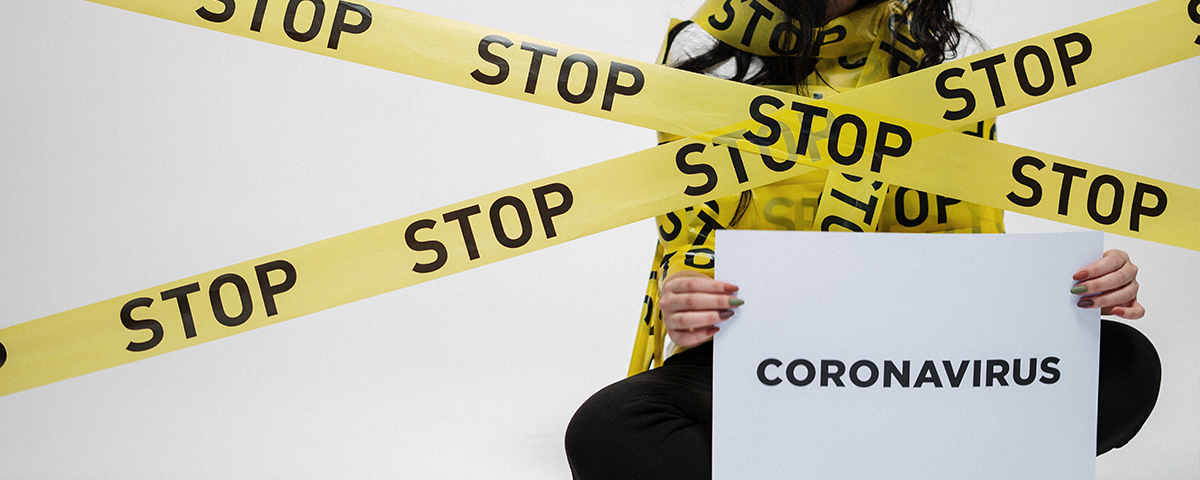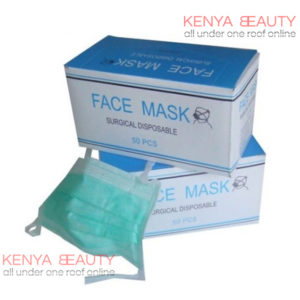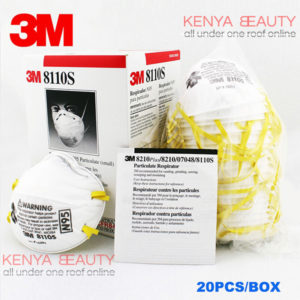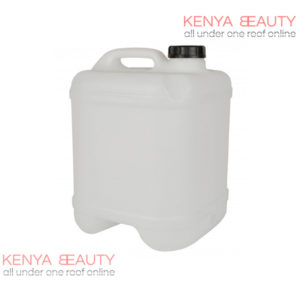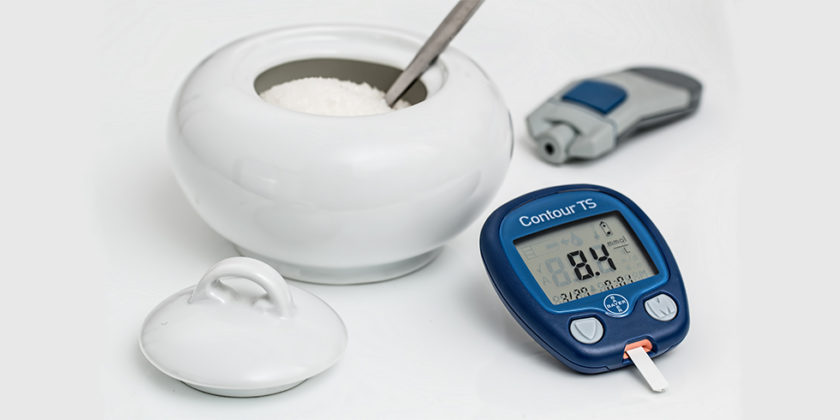COVID 19 IN KENYA: 6 Things to Do in Preparation
A recent survey showed that 70% of Kenyan businesses were not ready for the coming COVID-19 Influenza pandemic in Kenya, hence catch on the chasing lane. However, 73% said they wanted to get ready, but weren’t sure what to do. Here then, is a starter list of six things you should include in your business preparedness plan as you plan to cover loses during this time.
1. Absenteeism will be high due to illness or refusal to come to the workplace out of fear. Gather your key employees in accounting, sales, marketing, manufacturing, and management and develop a work-from-home strategy if possible. If not get a rotational roster to ensure continued workforce of essential services.
2. Offer your employees who must come into the plant a safe environment. Hire a sterilization team to scrub the plant’s exposed surfaces every day. A bleach/water solution will kill all pathogens of Corona Virus Disease in KENYA in the workplace. Be sure to have plenty of NanoMasks and Nanofilters on hand for each employee. Clean all HVAC vents thoroughly. Bring in portable, commercial grade UV air filters and place them around work areas.
3. Establish an in-house clinic with a full-time Registered Nurse or Clinician. When this pandemic hits well, hospitals will be overwhelmed and understaffed. Victims of SARS COV-2 in Kenya must be started on recommended drugs immediately. A mobile clinic parked outside your office building, or a designated emergency treatment area within your plant will promote confidence.
4. There isn’t going to be a vaccine for COVID-19 in Kenya available for probably 12 months or more. Your best shot at survival will be antivirals and good hygiene. Purchase surface disinfectant sprays and hand them out freely to employees. Encourage them to spray surfaces, knobs, handles, keyboards, and their own hands with the hand sanitisers.
5. Do not allow immune-compromised employees, or employees with any type of immune disorder to come into the workplace once the pandemic starts. A special care plan for these employees should be developed that includes self-quarantine during the COVID 19 wave in Kenya. This includes all those who have undergone any transplant surgeries in the lifetime and pregnant women. Since you might not know who is at risk, consult a physician for assistance.
6. Develop a secure, confidential website that allows all employees to read the latest company news and action items, and allow employees to contribute news to the website to keep everyone informed. In times of pandemics, correct information is key hence ensure your employee are getting the correct updates at all times.
Daily Nation: Denmark gives Kenya Sh513m more for fight against Covid-19
The first COVID-19 pandemic wave in Kenya will probably last about 90 days. You’ll need medical supplies, plenty of soap, potable water, disinfectant, emergency power for those days when electricity will fail, and someone to monitor, gather, and disseminate local pandemic news to your employees. This pandemic will have a huge negative impact on the economy. Those businesses that prepare now before total lock down will suffer the least.

